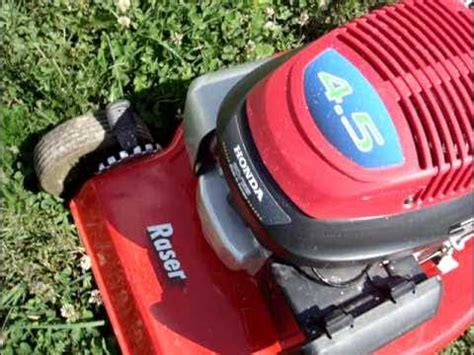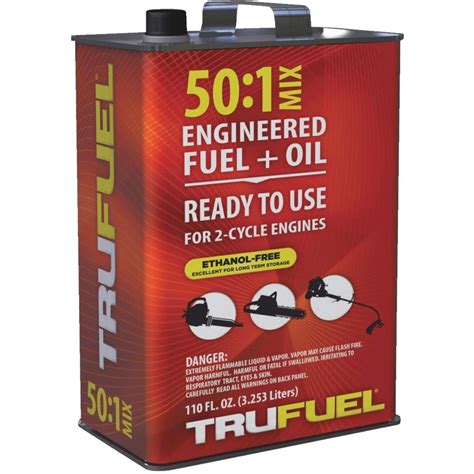For anyone who owns a lawnmower, chainsaw, leaf blower, or any other piece of outdoor power equipment, the phrase “fuel issues” can send a shiver down their spine. Often, the culprit isn’t the engine itself, but the fuel we put into it, specifically the ethanol content now common in most gasoline blends.
The Ethanol Problem in Small Engines
Modern gasoline typically contains up to 10% ethanol (E10), an alcohol added to oxygenate fuel and reduce emissions. While beneficial for modern car engines, ethanol poses significant challenges for smaller, older, or infrequently used engines. Ethanol is hygroscopic, meaning it attracts and absorbs water. This water, over time, can lead to phase separation in the fuel tank, where the ethanol and water mixture separates from the gasoline and sinks to the bottom. This corrosive mixture can then enter the fuel system, causing rust and damage to metal components like carburetors.
Furthermore, ethanol acts as a solvent, which can degrade rubber and plastic components commonly found in older fuel lines, gaskets, and carburetor parts. This degradation leads to brittleness, cracking, and leaks, resulting in poor engine performance, difficult starts, or complete engine failure. Gummy deposits left behind as ethanol evaporates or degrades also frequently clog tiny carburetor jets, necessitating costly repairs or replacements.
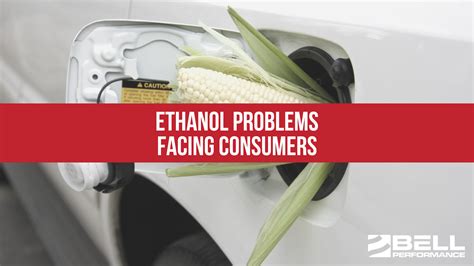
What is Ethanol-Free Fuel?
Ethanol-free fuel, as the name suggests, is gasoline that contains no added ethanol. It is typically pure gasoline, often premium octane, making it a more stable and less corrosive option for sensitive engine components. While not always as widely available as E10 or E15, many gas stations, especially those catering to marine or recreational vehicles, offer ethanol-free alternatives.
Benefits for Small Engines
Switching to ethanol-free fuel can drastically improve the longevity and reliability of your small engines. Without ethanol, you eliminate the risk of water absorption and subsequent phase separation, protecting metal parts from corrosion. The absence of ethanol also means no degradation of rubber and plastic fuel lines, priming bulbs, and carburetor components, preserving their integrity and preventing leaks.
Engines running on ethanol-free fuel tend to start easier, run smoother, and require less maintenance, particularly concerning carburetor issues. The cleaner burn and lack of corrosive elements translate directly into fewer clogs, less wear, and a significantly extended lifespan for your valuable equipment.
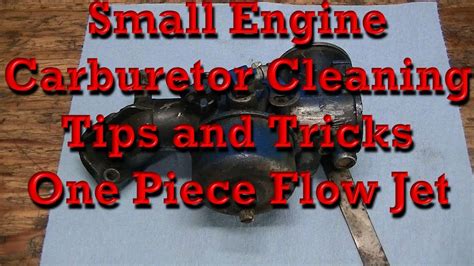
Advantages for Fuel Storage
Beyond immediate engine performance, ethanol-free fuel excels in long-term storage. Regular ethanol-blended fuel has a relatively short shelf life, often degrading significantly within 30-90 days, especially if not treated with a stabilizer. Its hygroscopic nature exacerbates this, leading to water contamination and phase separation even in stored containers.
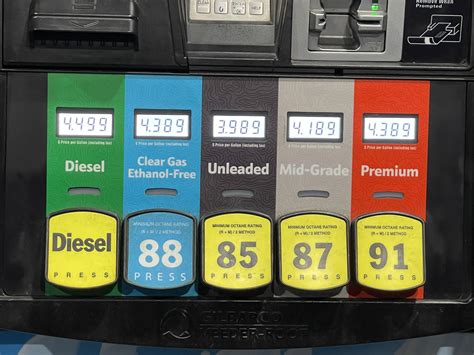
Ethanol-free fuel, on the other hand, is much more stable. It resists water absorption and degradation, allowing it to be stored for much longer periods – often six months to a year, or even longer with a good fuel stabilizer – without becoming problematic. This is particularly crucial for seasonal equipment like snowblowers or generators that might sit idle for extended durations, ensuring they fire up reliably when needed.
Considerations and Cost
While the benefits are clear, there are a few considerations. Ethanol-free fuel is typically more expensive than standard E10 gasoline. This price difference, however, can often be offset by reduced maintenance costs, fewer repairs, and the extended life of your equipment. Availability can also be a factor, requiring a bit more effort to locate a station that sells it. Check online resources or apps that map ethanol-free fuel stations in your area.
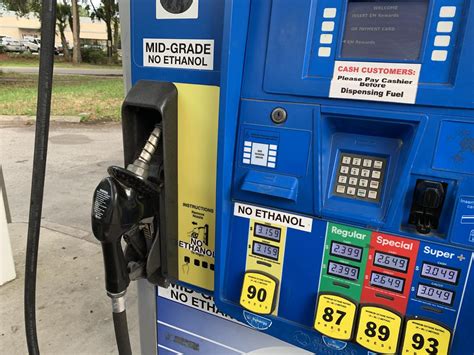
The Verdict: Is It Worth It?
For most small engine owners, especially those with equipment that sees infrequent use or is stored for long periods, the answer is a resounding yes. The marginal increase in fuel cost is a small price to pay for the peace of mind that comes with preventing costly repairs, ensuring reliable starts, and extending the operational life of your valuable outdoor power tools and recreational vehicles. Investing in ethanol-free fuel is a proactive step towards hassle-free engine maintenance and dependable performance.
